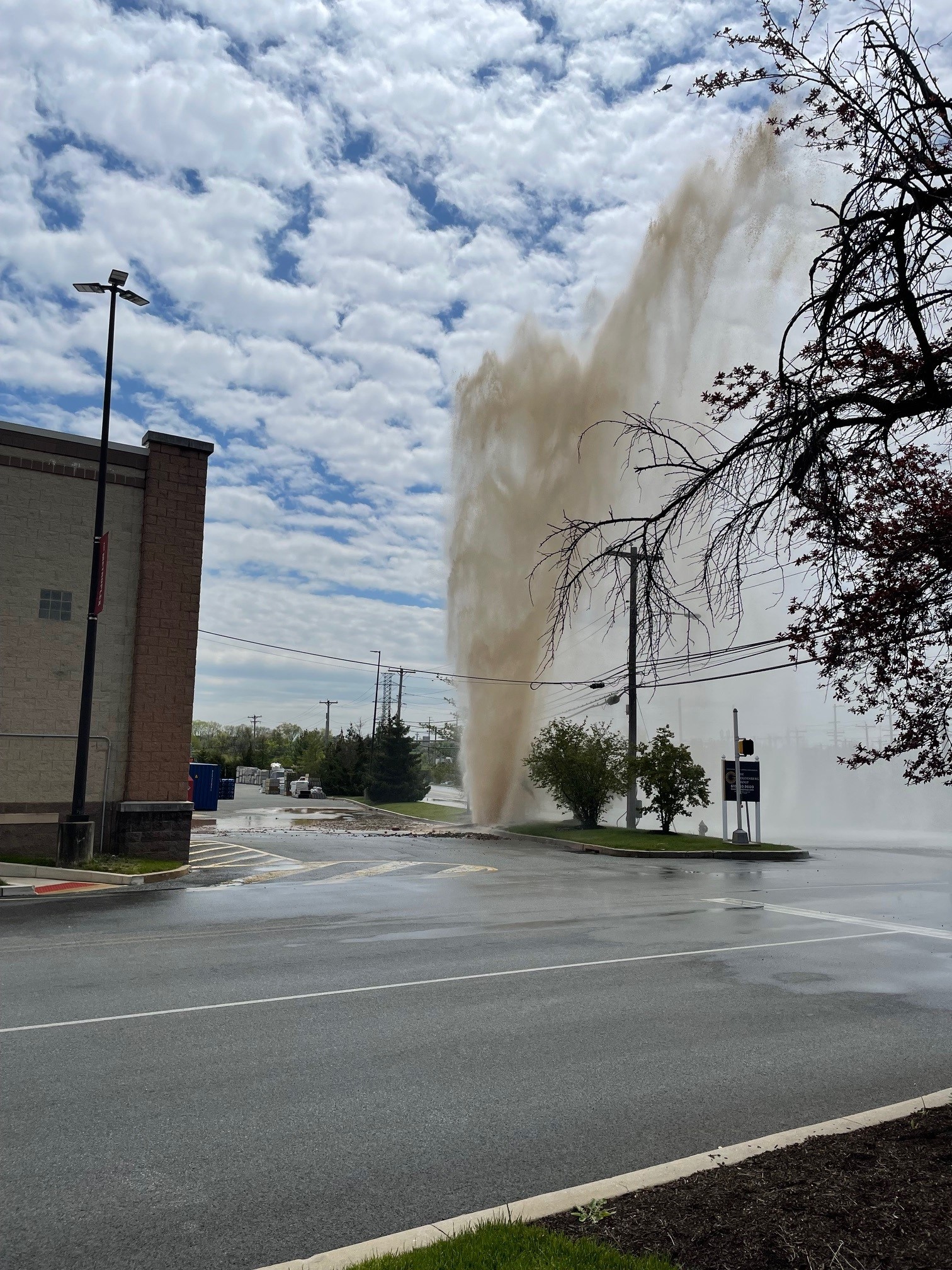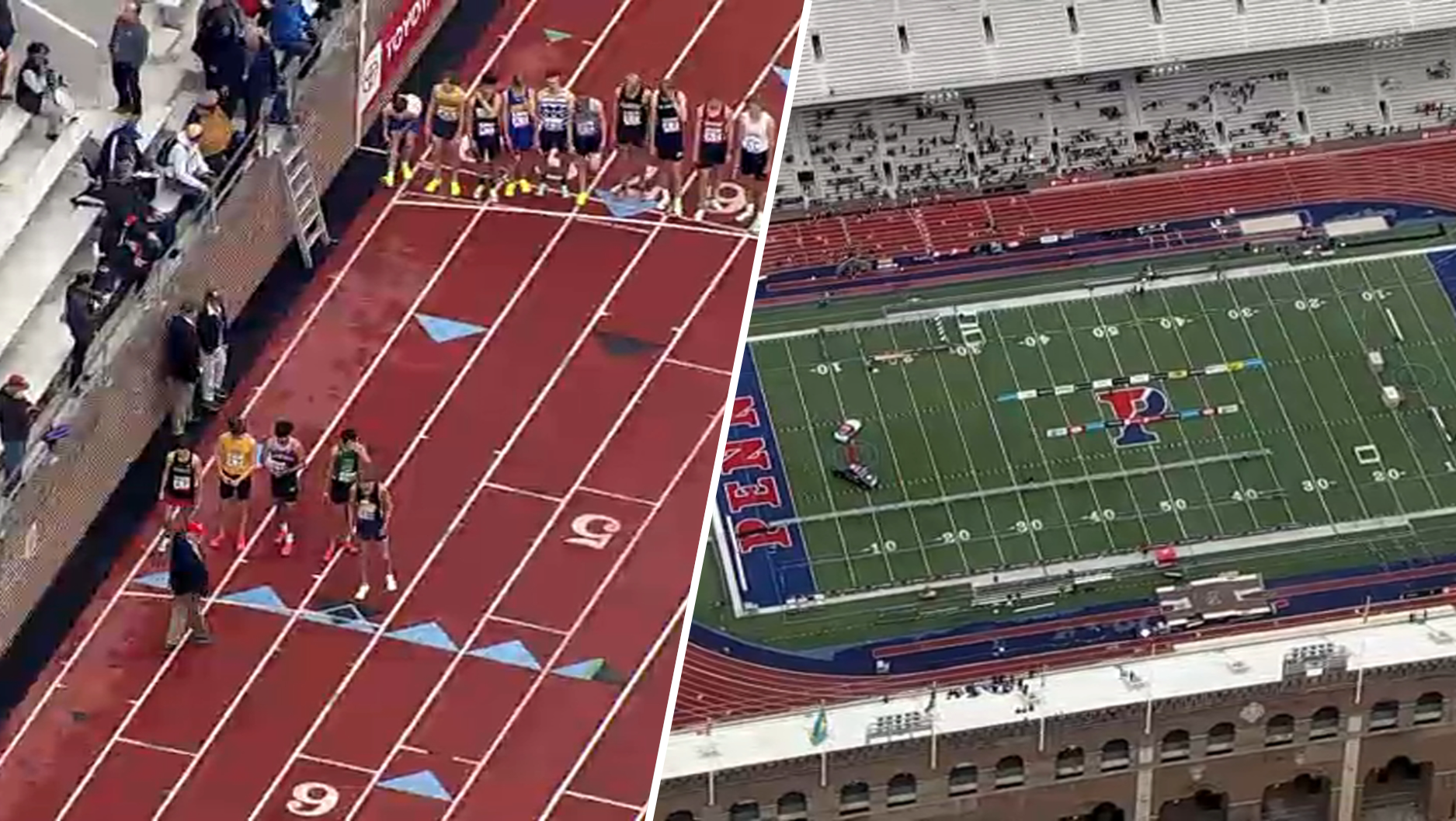Over the last year, a sharp increase in accidents involving trains carrying crude oil has prompted emergency planners in Pennsylvania to make sure first responders are prepared.
Officials from at least seven government agencies, the railroad CSX and the refinery in South Philadelphia recently responded to a faux fiery train accident on a rail bridge in the city's downtown.
While there was no real emergency, the scenario was based on a minor derailment that happened in January that left six tanker cars intact, but leaning across the Schuylkill Arsenal Bridge.
The Philadelphia Fire Academy buzzed with activity as officials wearing badges from a variety of local, state and federal agencies made radio calls and worked in units to evacuate residents within a half mile of the hypothetical accident scene.
A picture of a crude oil tanker engulfed in flames was projected on a large screen at the front of the room. A coordinator with a microphone called out new details and told officials to stand by for more information.
It was one of several training exercises that have taken place in Pennsylvania and across the country as an increase in crude-by-rail shipments has also led to an increase in accidents. According to a spokesman for CSX, a similar training is planned for Bucks County.
"It's critically important that we do it here in a simulated scenario rather than try to figure all of this out in an actual emergency," said Joe Sullivan, chief inspector of Homeland Security and Counterterrorism with the Philadelphia Police Department.
Local
Breaking news and the stories that matter to your neighborhood.
As many as 75 trains hauling crude oil from the Bakken Shale in North Dakota roll through Pennsylvania each week on their way to refineries on the East Coast. In Philadelphia, weekly crude-by-rail traffic can reach up to 46 trains.
Despite the dramatic increase, officials in Philadelphia say there have been relatively few accidents and they insist the city is well-prepared.
"A train derailment, while scary and not something that we see every day, we have the tools here," said Samantha Phillips, director of Philadelphia's Office of Emergency Management.
Phillips believes the city is even better prepared now that it has updated its hazardous materials plan and the federal government has ordered railroads to share information about these shipments with local planning agencies.
However, officials have been reluctant to share those details with the public.
The state Office of Open Records recently ordered the Pennsylvania Emergency Management Agency (PEMA) to release information it has received from Norfolk Southern and CSX, the two railroads shipping crude oil through the state. The reports are now posted on PEMA's website.
In Philadelphia, some community groups have asked Phillips' office to let them know every time an oil train passes through their neighborhood. She says emergency planners have to walk a fine line between keeping the public informed and maintaining national security.
"My answer is always, 'Well, what would you do with that information?" Phillips said. "At what point would you get sick of hearing from me and then when I really need to notify you about something, is it going to fall on deaf ears?"



